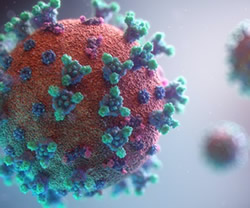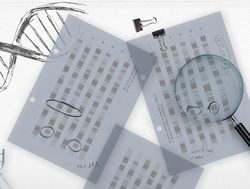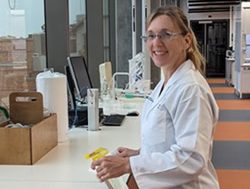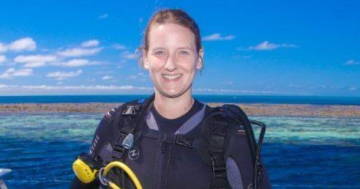 The Commonwealth Scientific and Industrial Research Organisation (CSIRO) has developed a new tool that acts as an early warning signal to identify dangerous COVID-19 variants.
The Commonwealth Scientific and Industrial Research Organisation (CSIRO) has developed a new tool that acts as an early warning signal to identify dangerous COVID-19 variants.
Group Leader at CSIRO’s Australian e-Health Research Centre, Denis Bauer said the researchers had developed a faster, more comprehensive way to identify emerging and dangerous COVID-19 variants.
Dr Bauer said this was accomplished by analysing the Ribonucleic acid (RNA) of the whole variant, rather than the current method of monitoring changes to the spike protein.
“By looking beyond just the spike protein, researchers can better predict how a new variant might behave inside the human body,” Dr Bauer said.
“It is hoped that the research could help inform an early warning system that can determine which variants will be the deadliest to humans.”
She said that up until now, the method of tracking new variants was to look for genetic changes in variants that were currently being monitored, such as Delta and Omicron.
“By harnessing the capability of a powerful machine-learning tool we developed, called VariantSpark, we were able to analyse the genomes of 10,000 COVID-19 samples, which is the largest number of samples ever analysed in this way,” Dr Bauer said.
“Our approach was able to identify variants that could be monitored a week before they were flagged by health organisations – and a week is a long time when you’re trying to outsmart a pandemic,” she said.
“We can also apply this approach to other viruses – in fact it has the potential to become the international standard of disease surveillance.”
Dr Bauer said the tool was programmed to provide hourly updates, which provided the potential for information to be quickly shared with public health decision makers and prepare hospitals for increases in demand.
“VariantSpark analyses the entire genome of a virus and can account for small changes that on their own may not seem significant, but when combined with other small changes can influence the way the virus behaves,” the Group Leader said.
“It is hoped this new approach will eventually be used to develop vaccines to prevent future variants and pandemics.”











